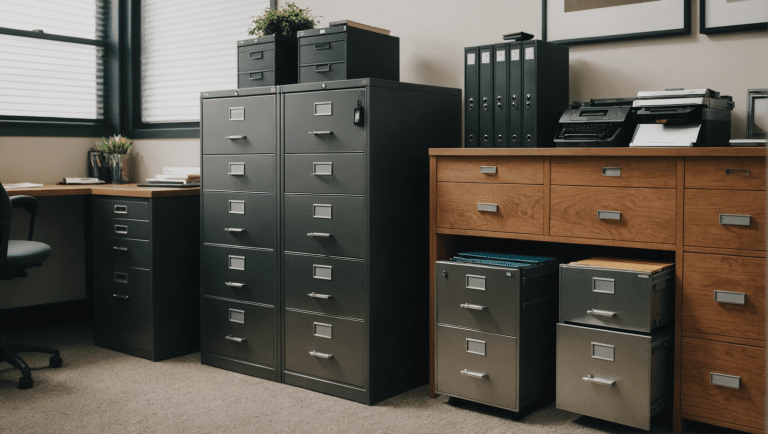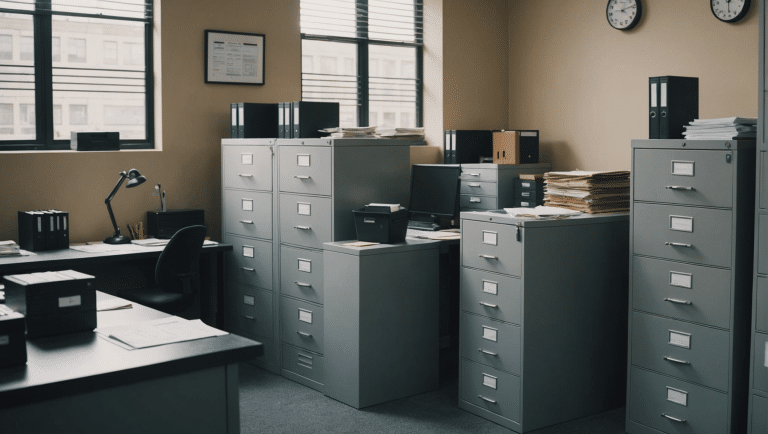How much do you get paid to take a break?
3 office activities that will earn you over £11,000 a year
Imagine an office where you’re encouraged to sip a coffee, surf the net and stroll around for a chat. What you probably don’t realise, is that you already can! We take a look at how long we’re spending on breaks in the UK
and what they mean for your productivity.
Break the habit
More than six million UK employees are chained to their desk according to research by Bupa,
with just three in 10 taking advantage of their full lunch hour. Yet by not taking a break, productivity levels and morale are bound to fall.
At around 3 o’clock, employees struggle to regain focus and motivation. But it’s not just the workforce that’s affected: UK businesses could save a total of £50million every day if more of us made the most of lunchtime
and made sure we took our valued lunch break instead of working or eating at the desk.
With ‘micro-breaks’ lasting anything from 30 seconds to five minutes, one session alone can improve mental acuity by an average of 13%. For employees that suffer from forearm, wrist or hand discomfort will also find pain alleviation after the end of a longer break.
To find out how much you are being paid to take a break, we have calculated the average national wage against the average time spent on our favourite non-work related office activities. This includes how often and how long it takes for you to make a cuppa, catch up on Buzzfeed or have a good natter with your colleague.
So what makes a good break?
Frida Polli, CEO at Pymetrics says taking a break is essential to any company:
“People spend an average of 8.7 hours of each day doing work or work-related activities – this is more
time than doing any other activity, including sleeping. Therefore, it is important to find something that delivers fulfilment and that you find the time to take a break. Deriving satisfaction from your work will help you focus on
the right things when stress sets in.
Taking breaks throughout the day to re-centre yourself is critical. Learn to disconnect at the end of the day and also set boundaries to give yourself some space from work and to fully recharge.”
1. Step away from your desk
Having smaller breaks reduces discomfort and eyestrain, so after two hours of continuous computer use, it’s suggested to rest the eyes for 15 minutes and get away from your desk.
Over a typical year, the average UK employee earns £539.53 from drinking two and a half cups of tea every day. Taking just over four minutes to make the ideal brew, UK employees spend around 10 and a half minutes around the
kettle each day. ?As for those that step out of the office for a cigarette spend around 45 minutes in the fresh air earning an impressive £2,312.25 whilst our 15 minute toilet breaks warrants over £700. Not a bad if you ask us?
2. Be sociable
Isn’t it a given that life is a little more fun with happy people and humour? A typical employee spends six minutes laughing every day, totting up a paid total just short of £310 to bring good mood to the office.
3. Go online
For those who enjoy a daily dose of Buzzfeed or watching crazy cats on YouTube, here is your back-up: According to a study by the National University of Singapore, the Internet in fact serves as a restorative function, meaning that our regular online haunts are a welcomed wake-up call!
It may come as no surprise, therefore, that on average, employees spend one hour ‘cyberloafing’ (simply browsing the net) every day, totting up a funded total of over £3,000. The typical 90 minute social media sessions clear a given sum of more than £4,600.
So if it’s improved productivity you’re looking for (or an excuse to watch that hilarious video again), just remember why taking a break is so useful to your career, lifestyle and wellbeing. Go for a stroll, stretch your legs and brew a tea. You’ll feel relaxed, creative and focused when you continue your work.
Don’t be wasting time scrambling around to find
Ink and Toner cartridges in the office. Make sure your office manager keeps your Ink and Toner stock replenished.
Admin Notice: No Viking Direct URL found in this post.
Admin Notice: No Viking Direct URL found in this post.







